Moral and Democratic Society System in Twain’s The Man Who Corrupted Hadleyburg
Abstract
This article sought to explore moral and democratic society systems within Mark Twain's short story "The Man That Corrupted Hadleyburg" using a descriptive methodology. The source of data in this research was the text of the short story itself, while to support the data, the writers encompassed relevant information related to the research, including literary theory and sociological perspectives on literature. The data collection process involved in-depth reading, transcription of pertinent quotations from the story to support the research, and systematic categorization. Through genetic structuralism as the analytical framework, this study revealed the moral criticism and democratic society system as the central themes, manifesting through key characters such as Edward Richard, Reverend Burgess, and other supporting figures. In Twain's "The Man Who Corrupted Hadleyburg," a profound exploration of moral criticism and democratic societal systems unfolds. The narrative delves into the intricacies of character morality, exposing the vulnerabilities of individuals and the democratic decision-making processes within the framework of Hadleyburg's society. The reactions of Hadleyburg's residents to the sudden influx of gold served as a noteworthy concluding point, shedding light on the broader societal implications within the narrative. In essence, this research illuminates the multifaceted layers of social criticism embedded in "The Man That Corrupted Hadleyburg," offering a nuanced understanding of the moral, societal, and individual dimensions explored by Mark Twain in this literary work.
References
Cao, Q. (2022). Translating Mark Twain: The construction of America in 1950s China. Orbis Litterarum, 77(5), 333–346. https://doi.org/10.1111/OLI.12361
Eddings, D. W. (2019). How Poe’s Devil Helped Corrupt Mark Twain’s Hadleyburg. The Edgar Allan Poe Review, 20(1), 64–76. https://doi.org/10.5325/EDGALLPOEREV.20.1.0064
Gangjian, T. (2023). Mark Twain in the Contemporary Chinese Classroom. Mark Twain Journal, 61(1), 11–39.
Höll, D. (2023). Migration in Times of Pandemic: Mark Twain’s “3,000 Years Among the Microbes” and the Prospect of Planetary Health. Journal of Transnational American Studies, 14(2). https://doi.org/10.5070/T814262477
Holmes, D., & Peck, C. (2020). Introduction: Literary Imaginings and Cultural Constructions of the Habsburg Empire. Austrian Studies, 28(1), 1–18. https://doi.org/10.1353/AUS.2020.0020
Levy, A. (2020). Mark Twain and the Idea of American Identity. A Companion to American Literature, 373–386. https://doi.org/10.1002/9781119056157.CH54
Mahmudah, S., Utami, B., Kadafi, M., Dhyaningrum, A., & Rusli, M. H. (2022). The World through the Eyes of Travel Writers: Agustinus Wibowo’s Selimut Debu and Jihan Davincka’s Memoar of Jeddah. Jurnal Lingua Idea, 13(1), 12–24. https://doi.org/10.20884/1.JLI.2022.13.1.4886
Martin, G. (2020). The Year’s Work in American Humor Studies, 2018. Studies in American Humor, 6(1), 124–187. https://doi.org/10.5325/STUDAMERHUMOR.6.1.0124
Meilasari, P. (2022). Linguistic and Cultural Problems in Javanese-English Subtitle of CAPCIPTOP! Short Movie. Jurnal Lingua Idea, 13(1), 50–60. https://doi.org/10.20884/1.JLI.2022.13.1.5794
Mustari, S. H., Khatimah, N., & Ali, M. I. (2023). Using Animated Short Story for Joyful and Effective Classroom Writing at the Second Grade Students of SMA Ulul Albab Makassar. Journal of English Language Teaching, Literature and Culture, 2(1), 12–39. https://doi.org/10.53682/JELTEC.V2I1.6190
Rorintulus, O. A., Wuntu, C. N., Tatipang, D. P., Lolowang, I., & Maukar, M. (2022). Discrimination Over Women As Depicted In Walker’s And Tohari’s Work: A Comparative Study. ELITE: English and Literature Journal, 9(2), 159–177.
Sanders, M. (2019). Theodore Dreiser’s “Nigger Jeff,” Richard Wright’s “Big Boy Leaves Home,” and Lynching. Literature and Culture of The Chicago Renaissance: Postmodern and Postcolonial Development, 58–71. https://doi.org/10.4324/9780429283710
Simanjuntak, R., Perdana, P. R., & Ali, M. I. (2023). Poetry Analysis of Osundare’s Random Blues: Using Speech Act Theory. Journal of English Language Teaching, Literature and Culture, 2(2), 96–110. https://doi.org/10.53682/JELTEC.V2I2.6960
Smith, G. S. (2021). Mark Twain: Preacher, Prophet, and Social Philosopher. Oxford University Press
Tatipang, D. P. (2022). William Shakespeare and Modern English: To What Extent the Influence of Him in Modern English. Journal of English Language Teaching, Literature and Culture, 1(1), 61–71. https://doi.org/10.53682/JELTEC.V1I1.3728
Tatipang, D. P., Wuntu, C. N., Suoth, A. A., & Laloan, T. A. (2022). Cultural Values Study of SITARO Society’s Motto “Pakatiti Tuhema, Pakanandu Mangena, Boleng Balang Singkahindo” (As a Contribution for Culture Learning in Education). Jurnal Ilmiah Universitas Batanghari Jambi, 22(2), 1172–1175. https://doi.org/10.33087/JIUBJ.V22I2.2362
Trupej, J. (2019). Ideological Influences on the Reception of Mark Twain among Slovenians across the Atlantic. Acta Neophilologica, 52(1–2), 141–152. https://doi.org/10.4312/AN.52.1-2.141-152
Twain, Mark. (1900). The Man Who Corrupted Hadleyburg and Other Stories and Essays. New York: Harper and Brothers
Wellek, R., & Warren, A. (1990). Teori Kesusastraan. Diindonesiakan oleh Meliani Budiarta. Jakarta: PT. Gramedia Pustaka Utama.
Widyaningrum, A., & Hartarini, Y. M. (2023). Pengantar Ilmu Sastra. Penerbit NEM.
Winter, S. L. (2022). The made and the made-up. Philosophy & Social Criticism, 49(6), 631–649. https://doi.org/10.1177/01914537221145581

This work is licensed under a Creative Commons Attribution-ShareAlike 4.0 International License.
Authors who publish with Jurnal Ilmiah Lingua Idea agree to the following terms:
- Authors retain copyright and grant the journal right of first publication with the work simultaneously licensed under a Creative Commons Attribution License (CC BY-SA 4.0) that allows others to share the work with an acknowledgment of the work's authorship and initial publication in this journal.
- Authors are able to enter into separate, additional contractual arrangements for the non-exclusive distribution of the journal's published version of the work (e.g., post it to an institutional repository or publish it in a book), with an acknowledgment of its initial publication in this journal.
- Authors are permitted and encouraged to post their work online (e.g., in institutional repositories or on their website) prior to and during the submission process, as it can lead to productive exchanges, as well as earlier and greater citation of published work.


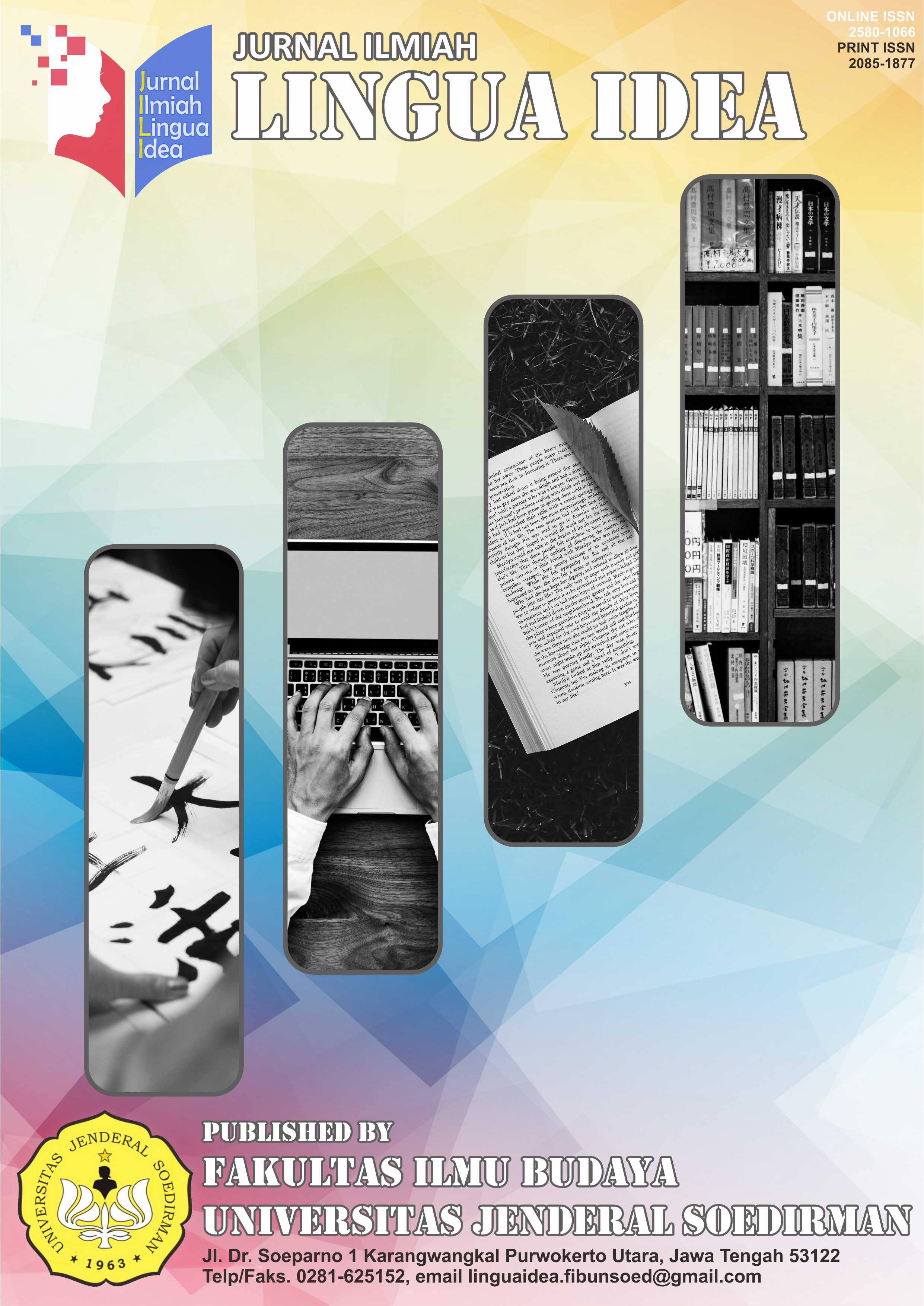
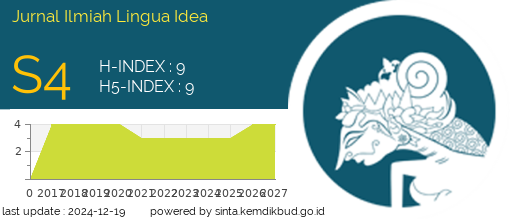


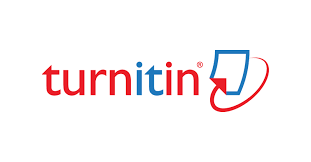














.png)
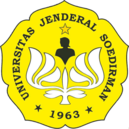
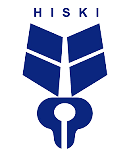
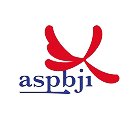
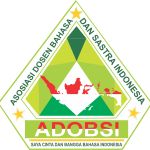
_.png)


